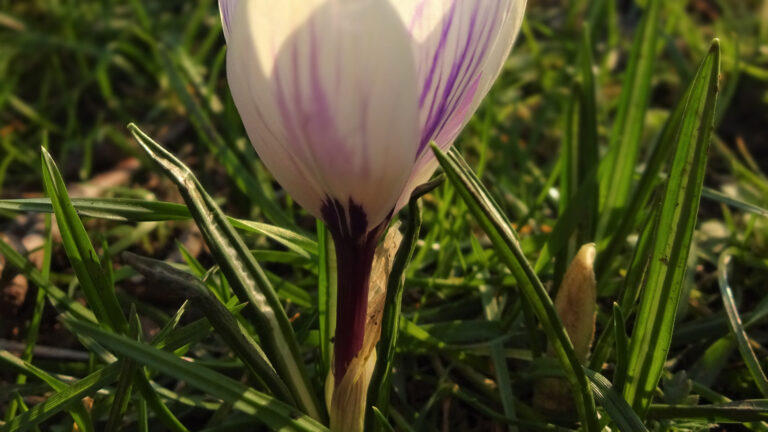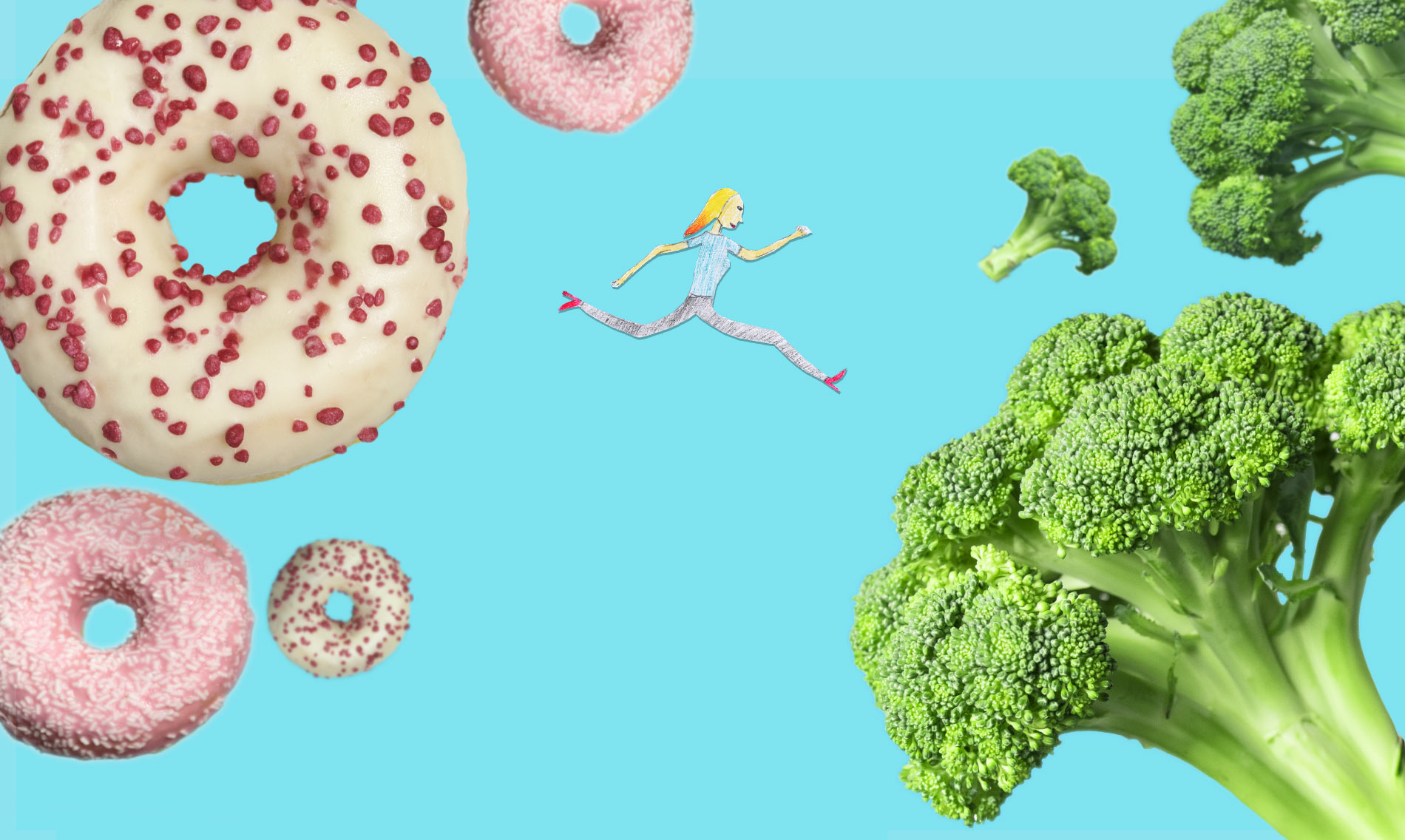The key to your good health, from the universe within
The human gut is a fascinating environment. Within exists a complex world of microorganisms known as our internal ‘microbiome’. Current research correlates the condition of our inner ecology with our health status. It seems we are only as healthy as the quality of bacteria that inhabit our guts. I have often wondered if the human gut is simply a reflection of the greater environment in which we live…
A recent seminar I attended cites the modern Western diet as largely responsible for a reduction in the diversity of our gut microbiota. This is not good news for health. Bio-diversity is the key to resilience in nature and the same can be said for the environment of the human gut. Beyond the most obvious area of digestion this reduction in gut species is taking its toll on our health. Immunity, hormone balance, cardiovascular health and an increase in metabolic problems such as diabetes are just some of the areas directly linked to an unhealthy microbiome. Is it any wonder that we are witnessing an increase in chronic disease?
Although the seminar touched on the more complex areas of microbiology, the general message is clear. It is very much in one’s interest to cultivate a healthy internal eco-system. So where do we start? Unlike the usual short-term ‘diet’ plan, encouraging a healthy microbiome involves a multi-pronged approach. Although dietary change is a part of the process, other aspects need to be considered to achieve sustained health. I’ve always worked in this way with my clients but it is refreshing to see data that validates this approach. It’s also gratifying to see that modern medicine is finally giving probiotic intervention the attention it has always deserved – better late than never! Probiotics are now considered a standard ‘go to’ after a course of antibiotics. However they are much more valuable than most people even realise. One question that I am asked the most: ‘What is the best Multi that I can take?’ has always been met with the same response from me: “A probiotic”! Amongst the most useful supplements in the nutritionist’s toolbox, a good probiotic contains vital bacteria that can help nudge an ailing microbiome in the right direction. But before even considering supplementation we need to look to those other areas of consideration. Let’s start with diet.
In general, there is room for improvement in most people’s diets. So what could we change? Well, it goes without saying that ‘fast food’ is a no-no. Denatured, chemically-altered ingredients do little for health, let alone contribute to a thriving gut environment. Then we have non-organics. More often than not, they are laden with chemicals that negatively affect our internal ecology. Additives, food colouring, pesticides, fungicides, preservatives – sadly, the list is endless. Then there’s sugar, possibly the most prevalent contributor to an unhealthy gut.
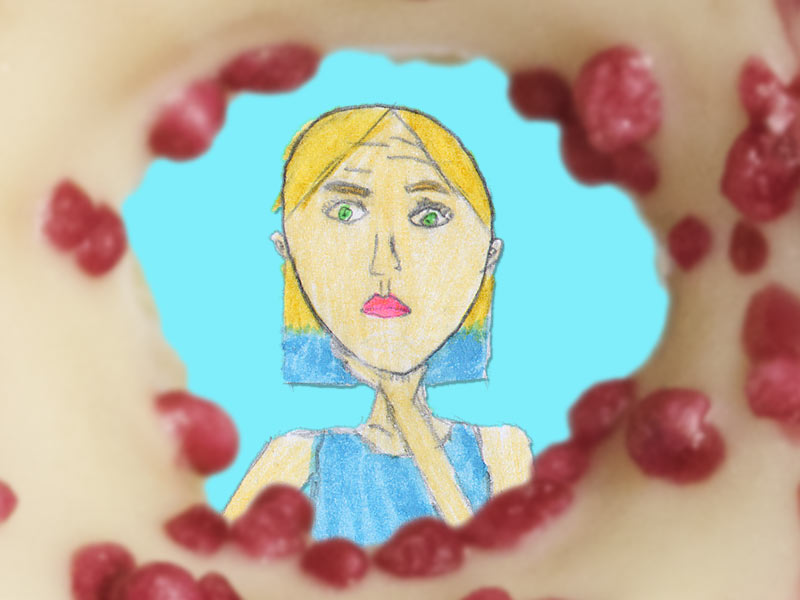
Present in so many forms in the Western diet, it feeds the ‘wrong kind’ of gut bacteria allowing them to flourish, often out of control. And don’t be fooled into thinking that artificial sweeteners are a viable alternative. Equally as harmful to gut microbiota, they have also been proven to perpetuate a craving for sweet foods.
Pretty pointless if you are using them as a ‘diet’ alternative. In this respect all manner of fizzy drinks are extremely detrimental to gut health. Excess alcohol is up there with medication in terms of negative gut impact. For some, this may make for gloomy reading but the good news is that all of these foods can be avoided or replaced with healthier alternatives.
This brings us on to medications. In the Western world the average woman will take a staggering estimated 70 courses of antibiotics during her lifetime. Knowing as we do that one course of antibiotics will take the microbiome almost 7 years to recover from fully, it is no wonder that we are witnessing an epidemic rise in chronic ill health. Although it is common knowledge that antibiotics are key offenders there are plenty of other drugs that have a similar impact. These include hormones (contraception, HRT, fertility treatments etc.), steroids, NSAIDs (non-steroidal anti-inflammatory drugs) and laxatives, although it is important to note that every drug will have a negative effect to some extent. Long-term use of any medication has a deleterious effect on the microbiome, not to mention the strain and damage they can cause to the body’s various systems.
Think this should be enough? Well think again. There are still other less obvious areas of consideration. Although some may find it surprising, over-cleaning is another major culprit. An overly-sanitised environment reduces and alters bacterial diversity. This has a negative knock-on effect on the human microbiome. Remember grandma’s quote: “a little dirt won’t hurt you?” Well, she was right! Chemical cleaning products are some of the greatest offenders. Laundry and washing up products are particularly invasive as they come into direct contact with the skin, our food and utensils. General household products such as antimicrobial sprays, hygienic wipes, hand sanitisers etc. are often not only unnecessary, but highly damaging too. And let’s not forget about personal care products. From shampoos to perfumes; to moisturisers and deodorants; to cosmetics and toothpastes, the potential for harm is ever-present. Happily, once again, all of these can be replaced easily with non-toxic alternatives.
On the flip side, what actually feeds a healthy microbiome? The simple answer is fibre – eat more plant foods. In research, an increase in a wide variety of vegetables correlates with an increase in microbial gut diversity. Although this is a very general recommendation, it’s both easy to put into place as well as highly effective.
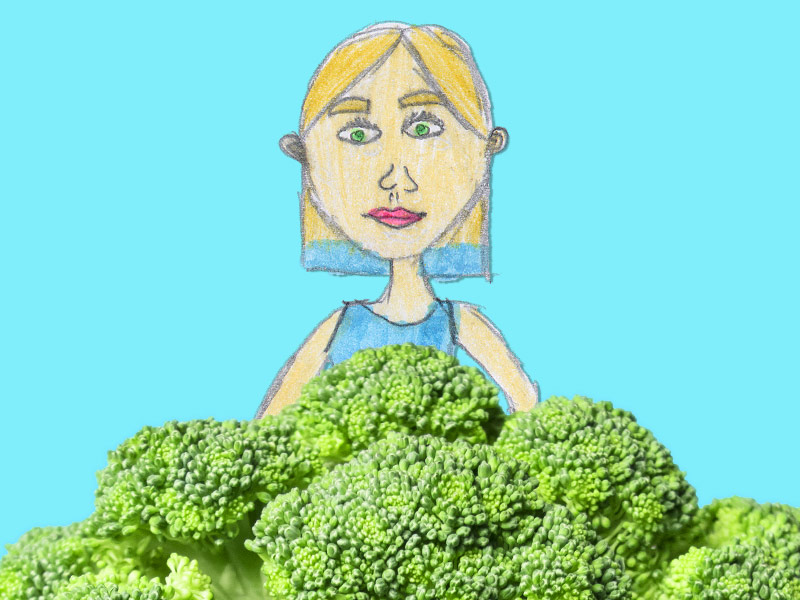
If you wanted to be more specific you should include a variety of prebiotic-containing foods. These compounds are a vital component of a healthy diet as they induce the growth and activity of beneficial microorganisms. They can be found in a variety of foods including artichokes, asparagus, garlic, onions and plenty more. They are also available as a supplement and are often found in combination with probiotic supplements.
Now I’ve only touched on the more obvious areas in this fascinating field. I haven’t even addressed vital habits such as poor eating patterns, stress and lack of sleep – all major catalysts in the destruction of healthy gut flora. And although still in its infancy, the current research into EMF radiation is another worrying factor for consideration. Studies have shown the inhibition of lactobacilli (beneficial gut flora) and an increase in levels of E. coli and listeria in the guts of those with regular, sustained exposure to EMF radiation. The general advice is to turn off your Wi-Fi at night, keep devices away from your body and, when not in use, turn all devices to flight mode. Better to be safe than sorry. However, rather than dwell on the many aspects that could cause harm, it’s far better to focus on the practical things that you can do to alter your microbiome for the better. And you can start making those changes today. As a bonus, you will also find you are contributing to a healthier external environment. Coincidence? I think not.
Read More

Let’s Get Physical

Nature Nurture
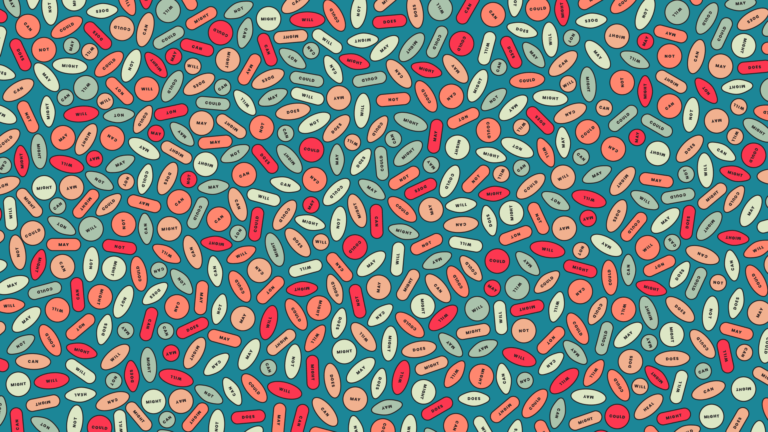
All Good Intentions
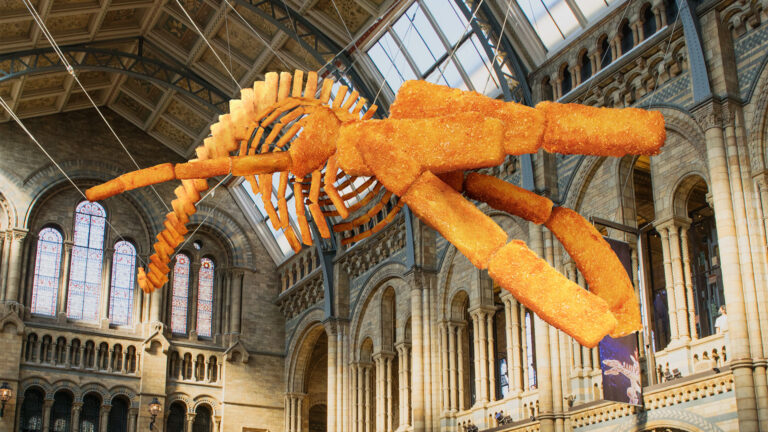
Child Friendly Fayre
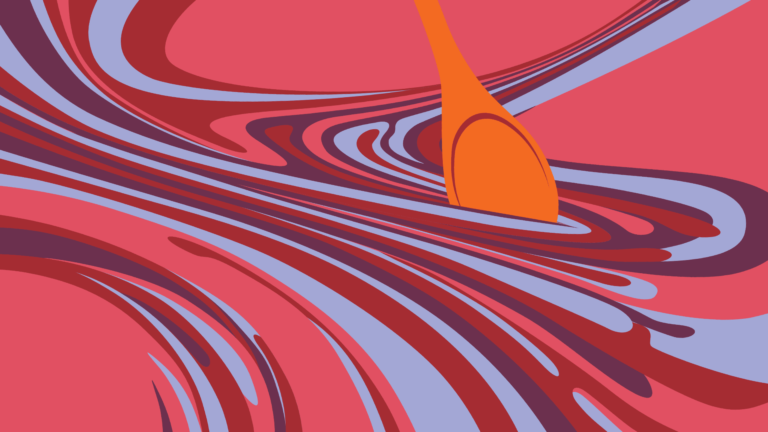
Soul Food for Challenging Times
